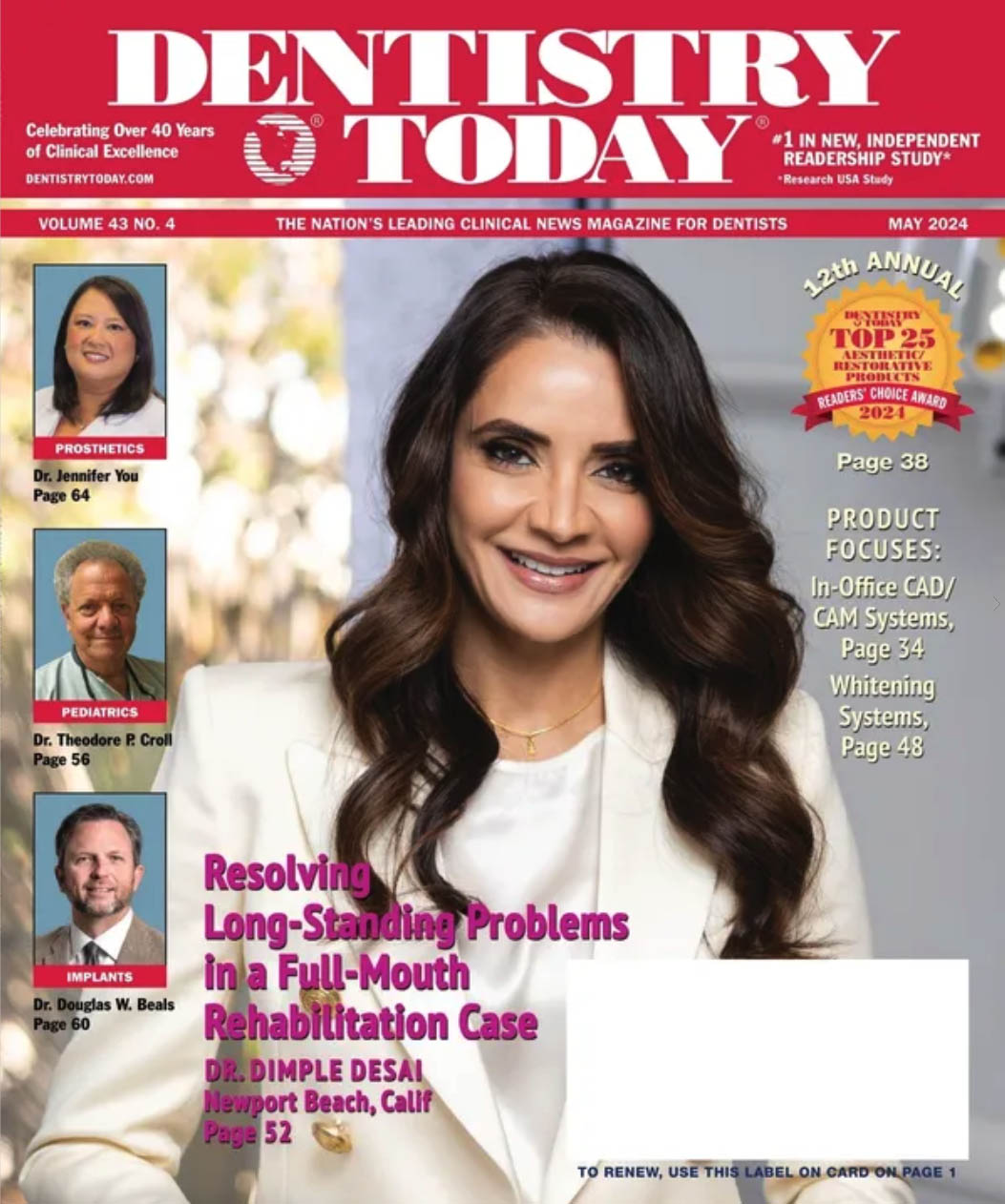Neither the ADA nor professional liability insurers preclude general dentists from extracting third molars. However, general practitioners (GPs) should understand that if complications arise, they will most likely be held to the standard of care in existence for the specialist who performs similar procedures. GPs who are properly trained and experienced in third-molar extraction procedures should (1) carefully document all such training (classes, continuing education courses, etc) to verify their ability to safely provide these services and (2) document the training of staff members who assist in these procedures. Any informed consent pertaining to third-molar extractions should include patient education, documented examples of risks and benefits, the patient’s opportunity to ask questions and to voice concerns, and the patient’s signature. The informed consent discussion is the responsibility of the doctor who will perform the extraction and should not be delegated to another doctor or staff member. GPs should ensure that they and their staff are adequately trained for the provision of anesthesia or sedation and that they abide by any state requirements pertaining to the anesthesia aspects of care. Documentation of sedation and/or anesthesia should include a separate informed consent and should verify a separate discussion of the risks and benefits of pain management. Some professional liability insurers charge higher premiums for GPs who offer third-molar extraction services.
(Source: an article authored by Kathleen M. Roman entitled “Extraction of Third Molars: Some Risk Management Considerations.” It appeared in the October 2009 issue of GDA Action, the journal of the Georgia Dental Association.)






